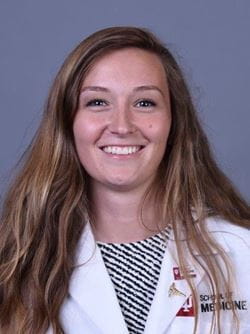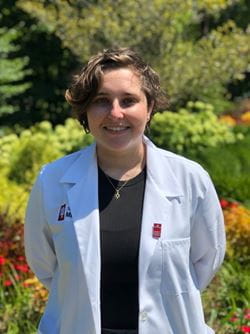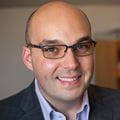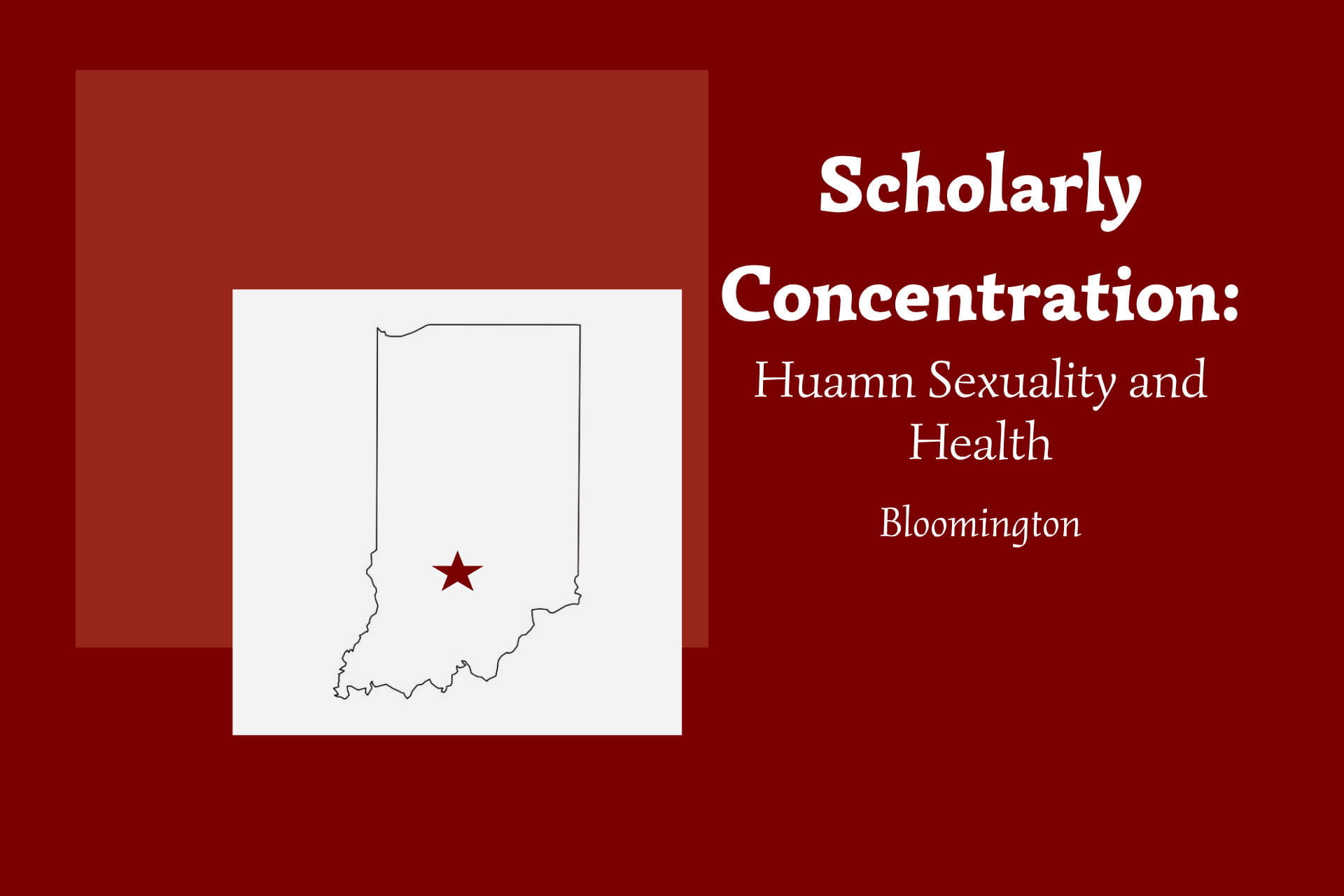The Human Sexuality and Health Scholarly Concentration introduces students to a range of issues related to sex, gender and sexuality and how these characteristics intersect with the practice of medicine. Topics include: sexual health, sex and gender development and variation; sexuality and sexual fluidity; sexual and romantic relationships; contraception and reproduction; STIs and HIV prevention; etc. Students learn about the impact of sex and sexuality on health discrepancies and current best practices for addressing sex and gender related issues with patients. This concentration is a partnership with the Kinsey Institute and provides students the opportunity to work with faculty researchers on a range of topics related to sex and sexuality.
Locations
Students will participate online and onsite in Bloomington.
Curriculum and Timeline
Students completing the Human Sexuality and Health concentration fulfill the same core curriculum as students in other concentrations. The didactic components provide a strong academic and experiential foundation in a range of issues related to sex, gender, and sexuality as they relate to the practice of medicine that will be vital for completion of the core curriculum project and product.

 What was the inspiration for your scholarly project?
What was the inspiration for your scholarly project?




